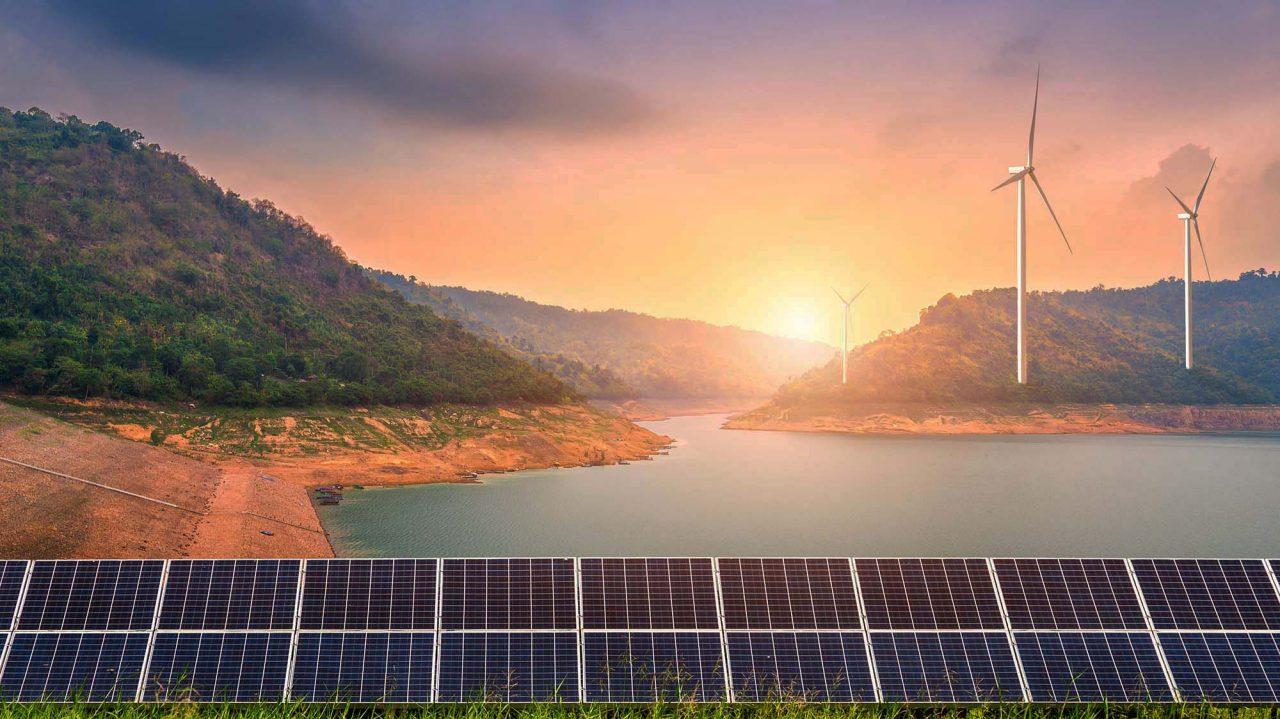A new study commissioned by Eurometaux, an important mining industry group representing some of Europe’s biggest metal producers, has concluded that Europe is facing a dire shortage of clean-energy metals. Among the challenges are a drive to reduce dependence on Russian imports, and a lack of sustainable producers, which is a goal for the EU.
New solutions must be found quickly, or the bloc will need to charter territory into new dependencies on unsustainable producers that don’t align with the region’s goals. The supply gap coming in future quarters, beginning in 2022 could create pricing difficulties for buyers that make trading for important metals like copper difficult.
Additionally, the International Energy Agency has already warned repeatedly of supply challenges for the amount of critical metals needed for technologies such as solar panels, batteries, and wind turbines. Each of these requires large amounts of specific metals, and a lack of any single one could throw off the entire energy transition in some regions.

Alarm Bells Ringing
The study is just the latest to sound alarm bells on the EU’s ability to meet its own clean-energy goals. It comes as the bloc is trying to increase its renewable energy target for 2030 and beyond, and approaches deadlines on implementation.
For mining companies, that means a need for sustainable, high-grade discoveries that have been few and far between in the past few years. Companies like those represented by Eurometaux including Glencore and Rio Tinto are constantly hunting for new projects to boost production.
One exploration project in southeastern Ecuador, the Warintza project, has just released a mineral resource update that might make it the perfect candidate for such a scenario. Owned by Solaris Resources (TSX:SLS; OTCQB: SLSSF), it has indicated resources of 579 million tonnes grading 0.59% copper equivalent and 887 million tonnes inferred resources grading 0.47% copper equivalent.
For the industry, Warintza represents the rare high- grade, open pit, sustainable project that is being prized for acquisition. Especially considering the copper industry has not had a major global discovery of scale that could be considered materially important to supply issues. The last major discovery of scale for the copper industry was the Kamoa-Kakula mine, over 8 years ago.
The Russian Elephant in the Room
One of the key challenges for the EU is reducing dependence on Russian imports. This is a primary challenge for the oil and gas industry as well, as the Kremlin uses its energy dominance as a political weapon
The Nord Stream 2 gas pipeline, for example, is designed to bring Russian gas directly into Germany, circumventing traditional transit countries like Ukraine. This would allow Moscow to cut off supplies to Kyiv without affecting German consumers, something it has done in the past.
However, Germany, Europe’s largest economy, has signalled it is ready to pull away from Russian natural gas, and may have to make similar decisions when it comes to clean-energy metals as well.
Some of the metals that will require new sources include lithium, cobalt, copper, and nickel. These are all used in electric vehicle batteries, and Europe will need large quantities of them as it shifts to EVs.
The EU has set some of the most ambitious emissions-cutting targets in the world, and the mining industry will play an important role if it is to reach those targets.
The report has estimated that to meet those targets, Europe will need 35 times the current levels of lithium seven to 26 times the current levels of rare-earth metals, and more by 2050.
When it comes to copper, the EU will need approximately 1.5 million tonnes of copper in 2050, up 35% from current levels, and 400,000 tonnes of nickel, double current numbers. That huge increase in demand and annual consumption is sure to drive the value of rare projects like Solaris Resources’ Warintza Project higher, as they represent a small number of viable, sustainable copper projects in a sea of cash-heavy bidders.
Tradersdna is a leading digital and social media platform for traders and investors. Tradersdna offers premiere resources for trading and investing education, digital resources for personal finance, market analysis and free trading guides. More about TradersDNA Features: What Does It Take to Become an Aggressive Trader? | Everything You Need to Know About White Label Trading Software | Advantages of Automated Forex Trading









